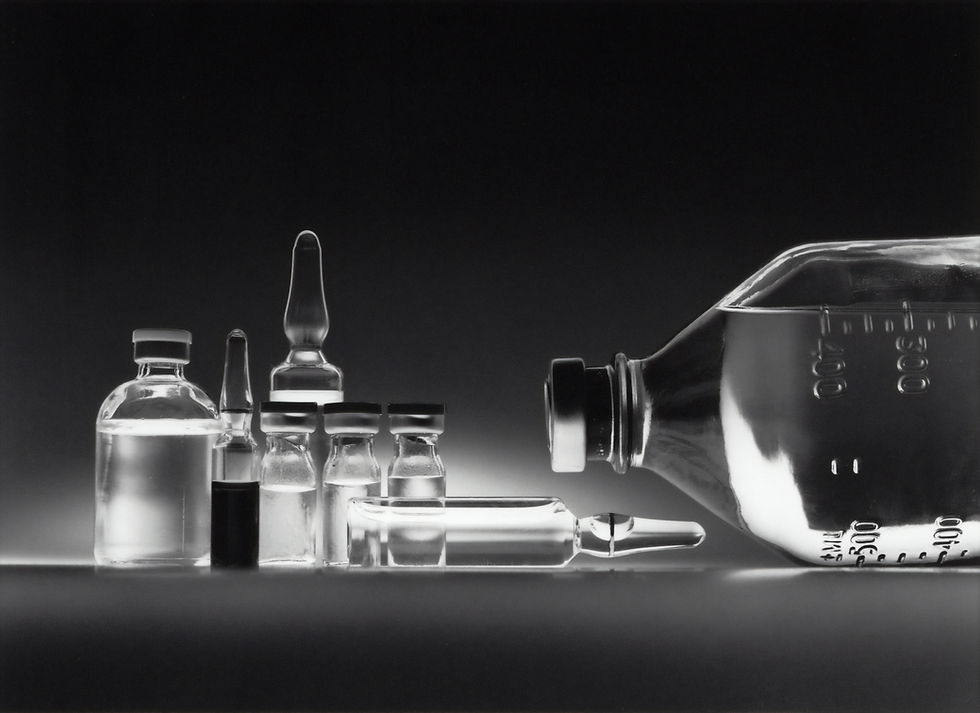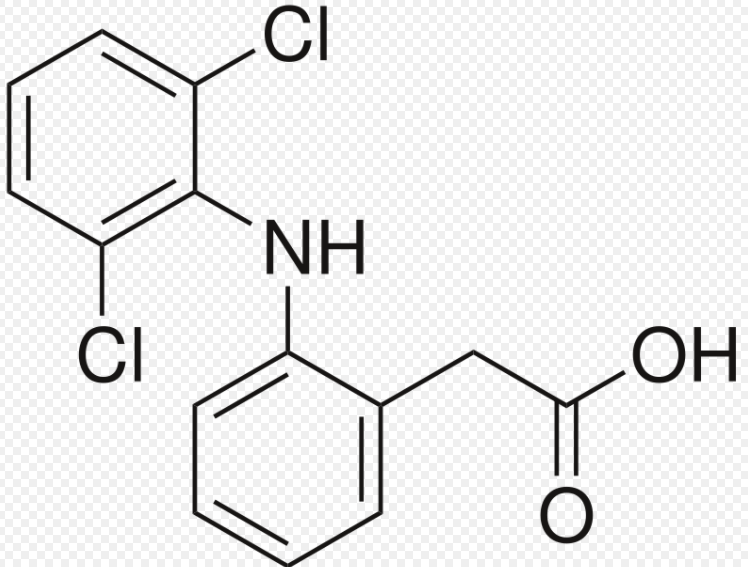Dispose properly of your unused medicine & stop endangering the environment!
- Science-by-Trianon

- May 16, 2021
- 3 min read
Updated: Jul 8, 2021

We often talk of the three Ps in sustainable development, namely Profit, People, and Planet, sometimes acronymised as PPP.

The triple bottom line of sustainable development
However, the acronym PPP can also stand for Persistent Pharmaceutical Pollutants, an increasingly worrying problem in waste water treatment.

Terminology, types, sources, and problems caused
One of the problems associated with pharmaceutical (and other) pollutants is their effect on the endocrine systems, our hormonal system.
This is why they are also referred to as Endocrine Disruptive Chemicals.
On the danger of being accused of a lack of scientific rigour: For the sake of this article we shall lump PPPs and EDCs into the same pot.

Many types of PPPs/EDCs exist and they derive from a multitude of sources.
Drugs, pesticides, cosmetics, industrial pollutants, substances used in plastics such as plasticizers, and optical brighteners used in laundry detergents.
According to a study by the World Health Organisation (WHO) and the United Nations Environment Programme (UNEP), the known EDCs are to be seen as the tip of the iceberg.[1]
The lion's share of the drugs we ingest we also excrete again in our faeces and/or urine.

They are persistent and may traverse long distances.
In addition, they may bioaccumulate which means that they find their way back into our food chains.
Consensus has been reached that while it may be difficult to prove specific effects to be caused by EDCs it would be good practice to err on the side of caution.
One case in which cause and effect have been proven is the case of the dying vultures in India.
Between 1996 and 2007, millions of vultures died in India.

The ensuing investigation revealed that the vultures died from diclofenac, a common anti-inflammatory drug.
Diclofenac
Many farmers gave diclofenac to their cows to treat pain and fever, however, the Indians being generally Hindus, do not eat beef, so dead cattle is left for the vultures to deal with.
Vultures, on the other hand, do not react well to diclofenac, as it causes abdominal gout and kidney failure.
As a result of this fiasco, some species of vultures are now critically endangered, with significant knock-on effects on the ecological balance.[2]
The effects seen as caused by EDCs are often of a reproductive nature.
They range from feminising males and masculinising females, over imbalanced male to female birth rates, sexual dimorphism to infertility and cancer in reproductive organs.[3]
Another problem associated with PPPs is antibiotics.

Hospitals around the world are fighting with bacteria that have become resistant against antibiotics.
This is in part due to an over-subscription of antibiotics.
It stands to reason that bacteria encountering trace levels of antibiotics in their environment could develop resistances against these antibiotics.

To compound matters there is the issue of combinations.
It is common sense (and indeed says so on the box) to seek medical advice when taking more than one medication at the same time (just like you shouldn't mix your drinks).
However, what happens to marine animals swimming in, as it were, a cocktail of various pharmaceuticals?
The possible effects caused by such combinations are only just beginning to be understood.
What can John and Jane Q. Public do?
What can Mr. & Mrs everyone do?
This pertains mainly to pharmaceuticals.
Some people throw out medicines past their use-by date in the general waste which is obviously a bad idea as the pharmacologically active substances can then leach into the ground water.
It is equally bad practice to flush them down the toilet.
Waste water treatment facilities are in general not built to remove trace levels of pharmaceuticals.
The safe way is to hand old medicines in to the local pharmacy from where they will be collected and treated in such a way as causes no harm (or, at least, as little as possible).

When it comes to excreting taken medicines there is obviously little one can do.
Other simple swaps will help you reduce endocrine disruptive chemicals in the environment
Choosing washing powder without optical brighteners may also be a good idea, depending on the quality of the wash.
It is also a good idea not to warm food in plastic dishes. By the same token, drinks in PET bottles should not be stored in direct sunlight.
If you would like to know more about this or other environmental problems and what to do about them, talk to the experts. For a selection of similar articles, subscribe to our blog.
-----
1) https://www.who.int/ceh/publications/endocrine/en/index.html , last accessed 2021.05.14
3) Kidd KA, Blanchfield PJ, Mills KH et al., Proceedings of the National Academy of Sciences USA 2007, 104, 8897–8901.







Comments